How to Apply for CMS Health Equity Grants (Even If You’re New)
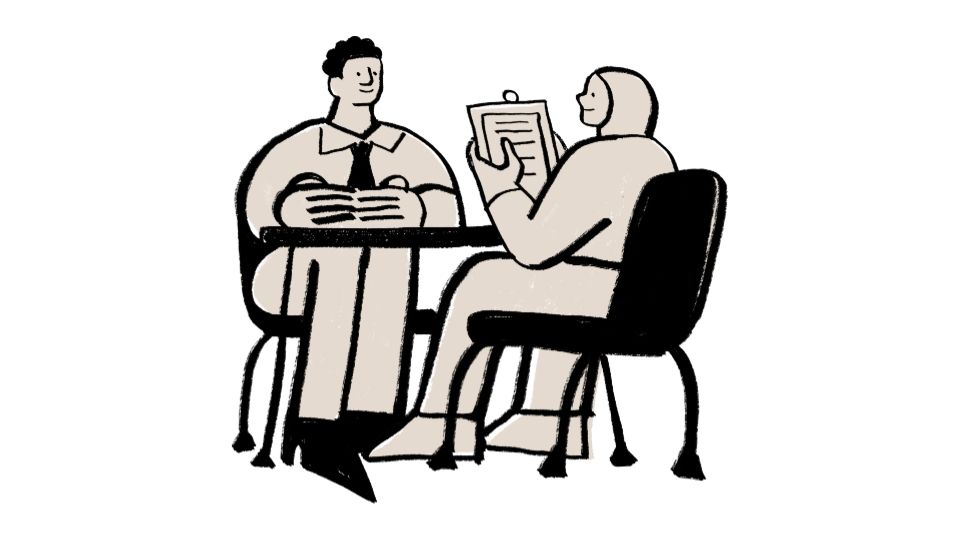
Ever felt like you’re drowning in government paperwork while trying to do something good for healthcare?
Let me break down how to actually get your hands on those sweet, sweet CMS health equity grants without losing your mind in the process.
How to Apply for CMS Health Equity Grants Without Losing Your Sanity
Let’s face it – the healthcare system has some serious disparities. Some communities get world-class care while others can barely access the basics. That’s where CMS health equity grants come in – they’re literally free money to help fix these problems!
But getting that money? That’s where things get complicated.
What Are These Grants Anyway?
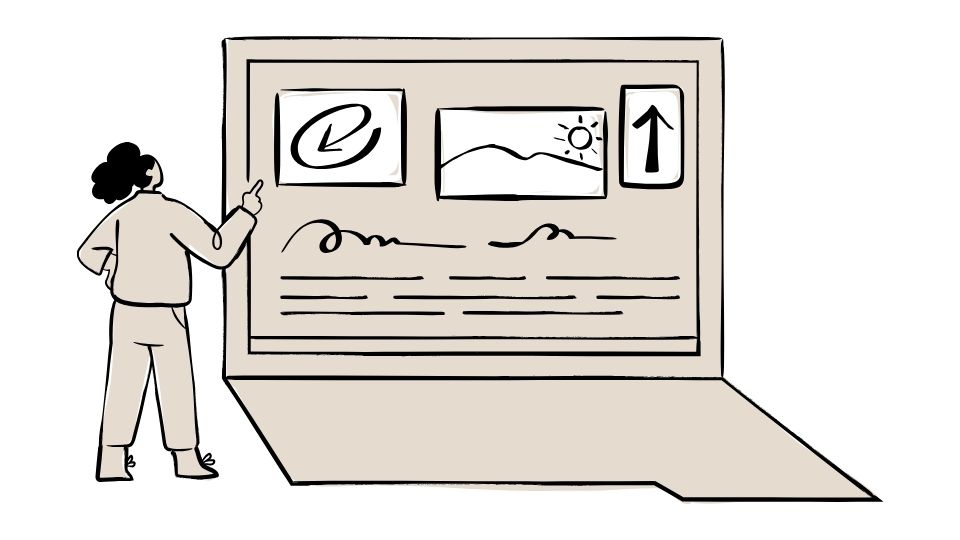
CMS (Centers for Medicare & Medicaid Services) offers grants specifically designed to reduce healthcare disparities. They’re looking to fund people and organizations working to level the playing field for underserved communities.
The two big ones you should know about:
- Health Equity Data Access Program (HEDAP) – For researchers who need access to restricted CMS data to study health disparities
- Minority Research Grant Program (MRGP) – Specifically for researchers at minority-serving institutions
There’s also the CMS Health Equity Award which isn’t exactly a grant but recognizes organizations making major strides in health equity work.
Breaking Down the Grant Options
Health Equity Data Access Program (HEDAP)
This grant is basically the golden ticket to accessing restricted CMS data that can help you research healthcare disparities.
Who can apply?
- Researchers with doctoral or master’s degrees in relevant fields
- People with experience in health disparities research
- Public/private higher education institutions
- 501(c)(3) non-profits
The application process happens through Grants.gov when they announce funding opportunities. Make sure you’re registered there ahead of time!
Minority Research Grant Program (MRGP)
This one’s specially designed for researchers at minority-serving institutions who are investigating health disparities.
Who qualifies?
- Historically Black Colleges and Universities (HBCUs)
- Hispanic-Serving Institutions (HSIs)
- Tribal Colleges and Universities (TCUs)
- Other similar institutions
Your research should focus on addressing disparities affecting racial and ethnic minority groups. The application deadline for 2025 funding is April 1st, with a letter of intent due by March 6th.
How to Actually Apply (Without Crying)
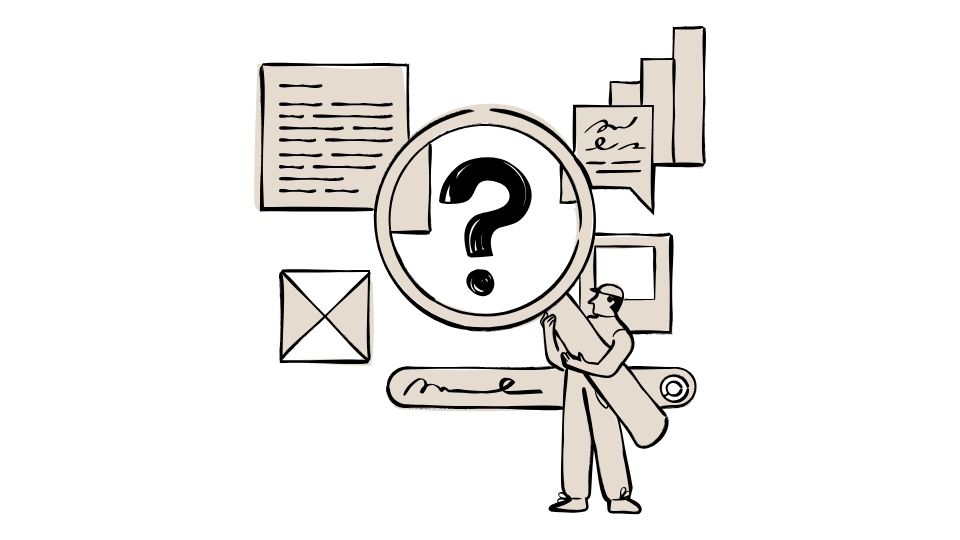
Step 1: Figure Out If You’re Eligible
Before you waste time on applications, make sure you actually qualify. Do you have the right degrees? Is your institution considered a minority-serving institution? Is your research focused on the right topics?
Step 2: Read the NOFO (Notice of Funding Opportunity)
I know, I know – government documents are about as exciting as watching paint dry. But this is where all the critical details live:
- Exactly what they’re looking to fund
- How much money is available
- Specific requirements for your application
Find these on Grants.gov and read them carefully. Seriously.
Step 3: Get Your Paperwork in Order
For both HEDAP and MRGP, you’ll need:
- Resumes/CVs of key personnel
- Letters of support
- Detailed research proposals
- Budget information
Pro tip: Start gathering these way earlier than you think you need to.
Step 4: Register on Grants.gov
This might sound simple, but it’s a multi-step process that can take weeks to complete. You’ll need:
- Employer Identification Number (EIN)
- Unique Entity Identifier (UEI)
- Registration on SAM.gov (System for Award Management)
According to the CMS application guide, many applications fail simply because organizations didn’t complete all registration steps in time. Don’t be that person!
Submitting Your Application
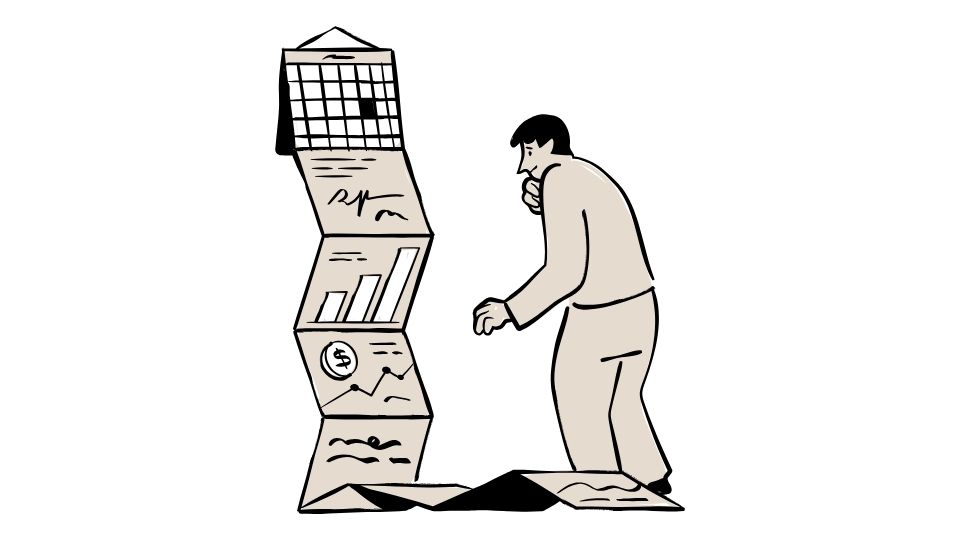
- Log into Grants.gov
- Search for your specific grant opportunity
- Download the application package
- Fill out ALL required forms (missing even one can disqualify you)
- Submit before the deadline
Making Your Application Stand Out
Here’s what successful applications have in common:
- Crystal-clear alignment with CMS priorities – Show you understand exactly what they’re trying to accomplish
- Proven track record – Highlight your past work in health equity
- Strong, diverse team – Assemble people with complementary skills
- Realistic budget – Make sure your numbers make sense
- Measurable outcomes – How will you know if your project worked?
The National Institutes of Health suggests having colleagues review your application before submission – it’s amazing what fresh eyes can catch!
My Final Two Cents
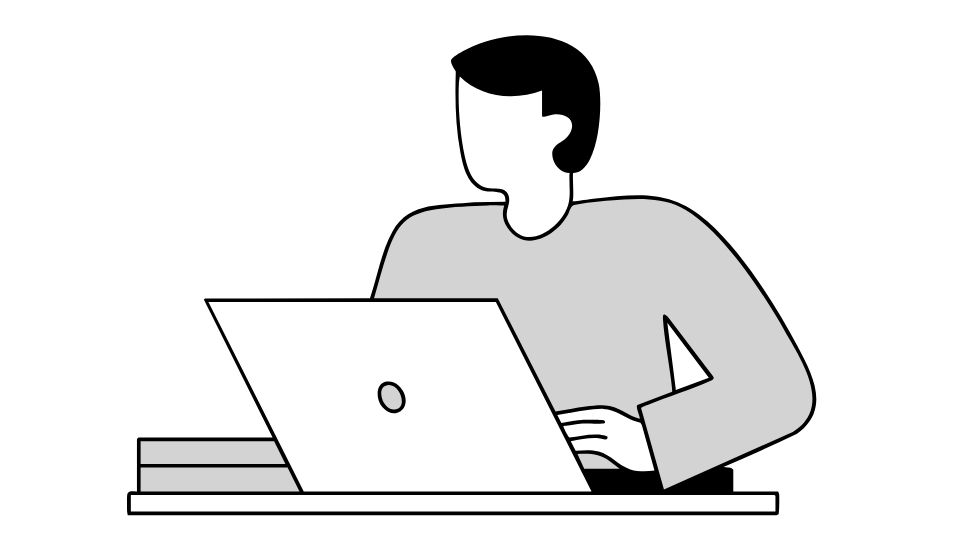
These grants are competitive. Really competitive. But they’re worth pursuing if you’re serious about addressing health disparities.
Set calendar reminders for application deadlines. Register for CMS email updates to stay in the loop about new funding opportunities. And start your application process way earlier than you think necessary.
Remember: The goal isn’t just getting money; it’s making healthcare more equitable for everyone. These grants are a tool to help you do meaningful work that changes lives.
The paperwork might be painful, but the impact you can make is worth it.
